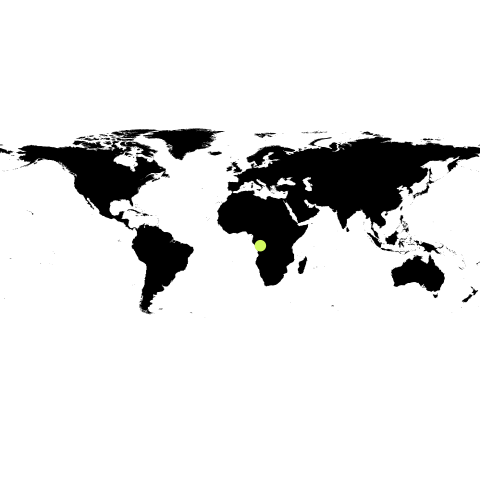Disclaimer:
Please be aware that the content herein has not been peer reviewed. It consists of personal reflections, insights, and learnings of the contributor(s). It may not be exhaustive, nor does it aim to be authoritative knowledge.
Plateforme d'autoconsommation et de gestion d'énergie verte en zone urbaine et en zone rurale, via des équipements solaires domestiques décentralisés et la
domotique.
Luciole propose à chaque congolais de profiter du soleil d'Afrique
pour produire eux-mêmes l'énergie dont ils ont besoin pour leur consommation,
et de gérer cette énergie via la plateforme Luciole.
Garantir l'accès à une source énergétique fiable, durable, moderne et abordable aux
communautés non desservies par le réseau national. Développer des villages
solaires et des quartiers pré urbains solaires. Ainsi vendre 10.000
équipements les 6 premiers mois, 50.000 la première année, 100.000 la
deuxième année, et 150.000 la troisième année.
Inventeur : KOUMBA
Serge Galvin
Contact :
06-653-47-18


 12Responsible consumption and production
12Responsible consumption and production
Comments
Log in to add a comment or reply.